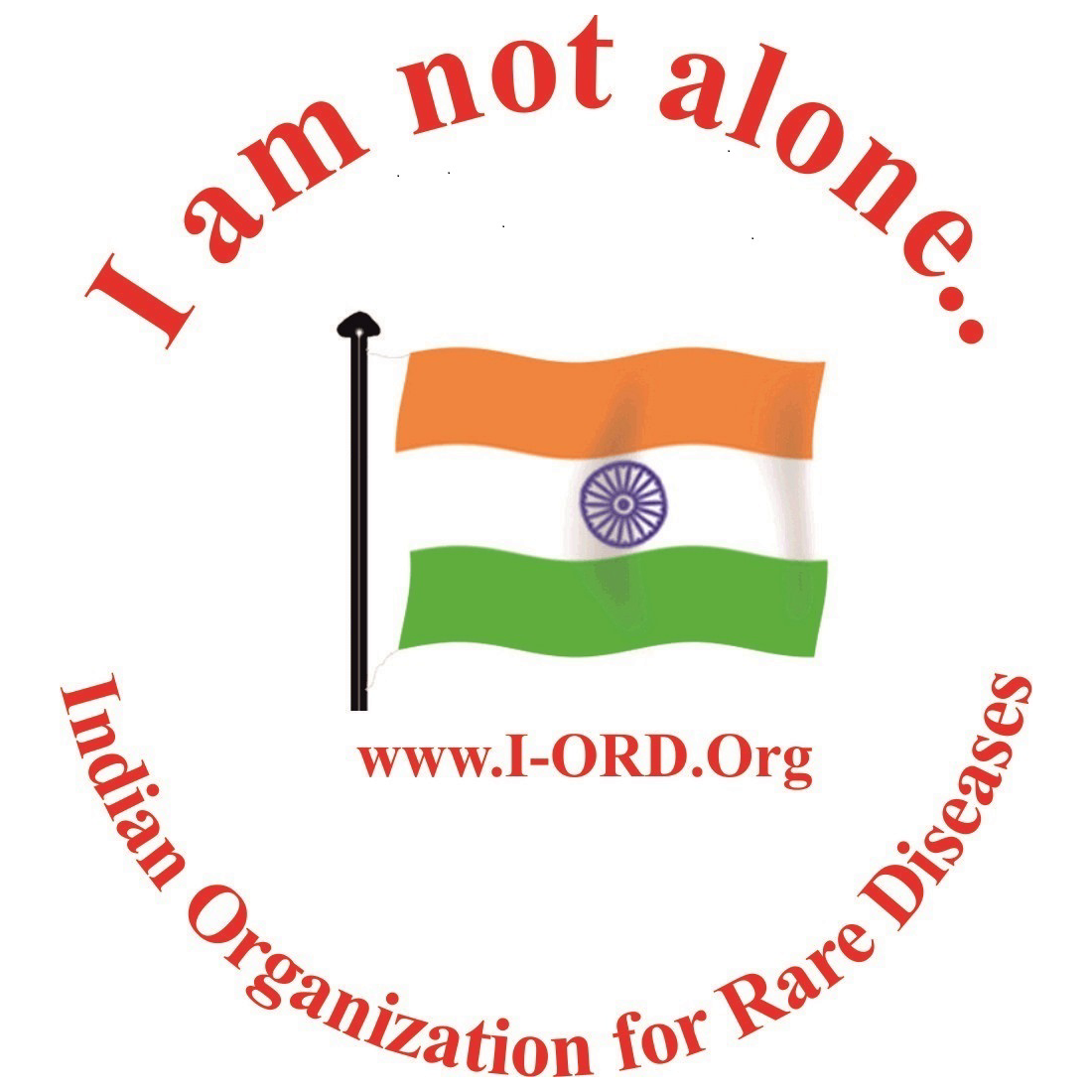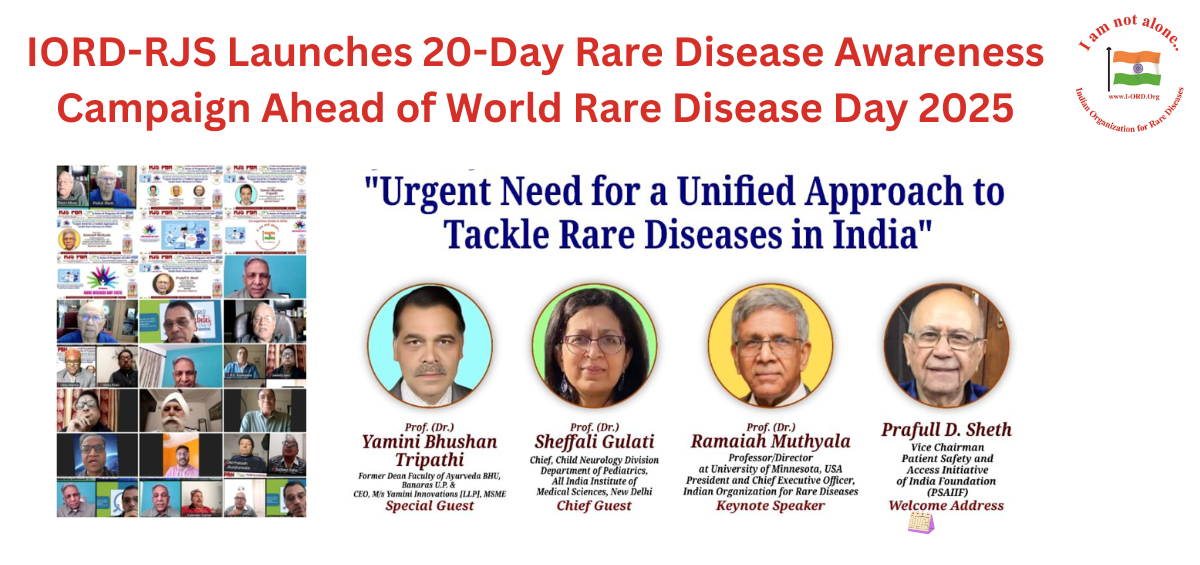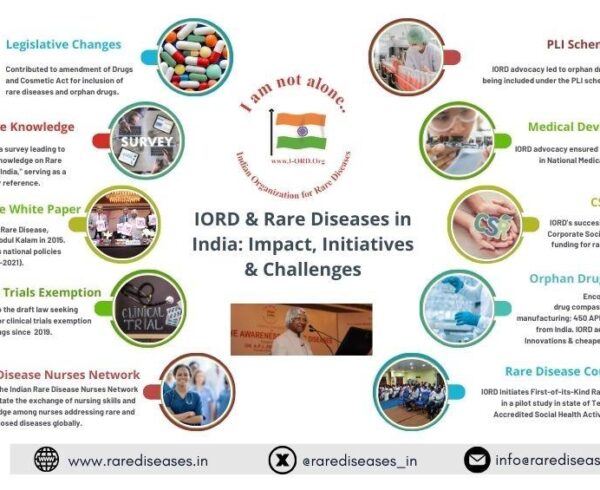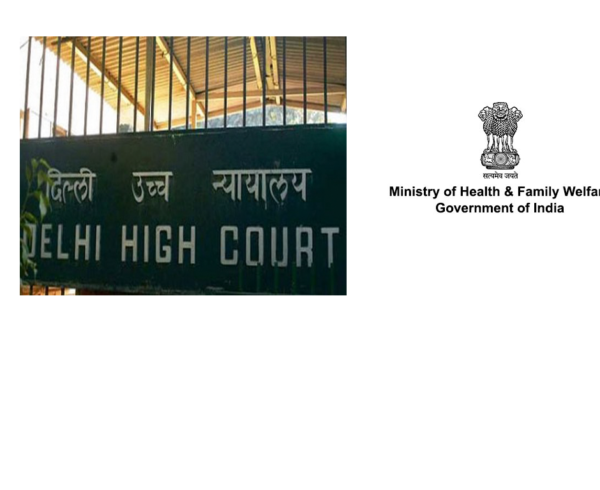New Delhi: In the run up to the World Rare Disease Day 2025 on 28 February, a 20-day awareness campaign for rare diseases was launched by the Ram-Janki Institute Positive Broadcasting House (RJS PBH), led by Founder and National Coordinator Uday Kumar Manna.
The event – starting with a webinar on “Urgent need for a unified approach to tackle rare diseases in India” on February 9, 2025– was inaugurated by Professor (Dr.) Ramaiah Muthyala, President and CEO of the Indian Organization for Rare Diseases (IORD), USA. A second webinar on this topic is also scheduled soon, while the Global Festival of Journalism will feature Positive Media’s participation on February 11.
While delivering the keynote address, Dr. Muthyala emphasized the urgent need for broader and long-term solutions for the approximately 90 million people in India affected by rare diseases.
He maintained that defining rare diseases is crucial for developing effective national healthcare policies and encouraging pharmaceutical companies to produce orphan drugs. Accurate prevalence data is essential for this definition.
While methods like patient registries and census questions have been explored, Dr Muthyala said that collaborating with Accredited Social Health Activists (ASHA) workers—who have been recognized by the World Health Organization for their services during the COVID-19 pandemic—emerges as a practical approach to assess the prevalence of rare disease patients.
Here are some of the key points he highlighted in the webinar:
Global Impact of Rare Diseases
Rare diseases affect approximately 3.5% to 5.9% of the global population, equating to 263 to 446 million people worldwide. These conditions do not discriminate based on socioeconomic status, gender, or nationality, making them a universal concern. The collective number of people affected by rare diseases is equivalent to the population of the world’s third-largest country.
Challenges in Diagnosis and Treatment
Diagnosing rare diseases is often a prolonged process, with patients typically consulting five doctors and receiving three misdiagnoses before obtaining a final diagnosis.
This diagnostic delay can lead to significant economic burdens, with the average cost of a delayed diagnosis reaching up to $517,000 per patient.
Economic and Policy Considerations
The economic challenges of rare diseases extend beyond individuals to families, healthcare systems, and societies at large. Advocacy for science-driven legislation is crucial to ensure equitable access to life-saving diagnoses, treatments, and cures. Notably, the 2025 Union Health Care Budget has provided financial relief to rare disease patients, marking a positive step forward.
Preventive Measures and Policy Initiatives
Preventive strategies, such as early diagnosis and counseling, are vital in managing monogenic disorders like sickle cell disease. The Ministry of Health has been working to eradicate sickle cell disease through early diagnosis and counseling. The National Policy for Rare Diseases 2021 offers one-time financial assistance of up to Rs 50 lakhs for treatment, aiming to integrate rare diseases into the Umbrella scheme of Ayushman Bharat Pradhan Mantri Jan Arogya Yojana, similar to the Affordable Care Act in the USA.
Professor (Dr.) Yamini Bhushan Tripathi, former Dean of the Faculty of Ayurveda at Banaras Hindu University, highlighted the impact on families of rare disease patients. “I always emphasize the family of the patient, as the family that lives with the patient for life also suffers psychologically,” she said. “Therefore, we must focus not just on the patient but also on their family.”
Professor Tripathi also presented the potential of traditional Indian medicine, particularly Ayurveda, in managing rare diseases. He advocated integrating Ayurvedic practices such as personalized symptom management and Panchakarma (Ayurvedic detoxification therapy) with modern allopathic treatments. “Our culture, our tradition, and our healthcare system have immense strength. We need to begin integrating this with modern science,” she said, calling for further research to validate these integrated approaches.
Dr. Muthyala, acknowledging the potential of alternative medicines for supportive care, emphasized the need for robust scientific evidence, highlighting the current dependence on allopathic medicine and imported orphan drugs.
Experts stressed the urgent need for a National Patient Registry, affordable and accessible treatments, strategic integration of traditional and modern medicine, increased research and development, and ongoing public awareness campaigns to improve the lives of millions affected by rare diseases.
A patient suffering from thalassemia, F.C. Sharma, shared his personal experience during the webinar. The RJS PBH webinar served as a platform for inspiring action towards a more integrated, data-driven, and compassionate approach to rare diseases in India.
Earlier, while presiding over the event, international consumer policy expert Professor Bijan Kumar Mishra welcomed the budget’s tax relief but advocated for greater registration of rare disease patients in government health schemes like Ayushman Bharat.
Check the full webinar here.
Find the media coverage here.



